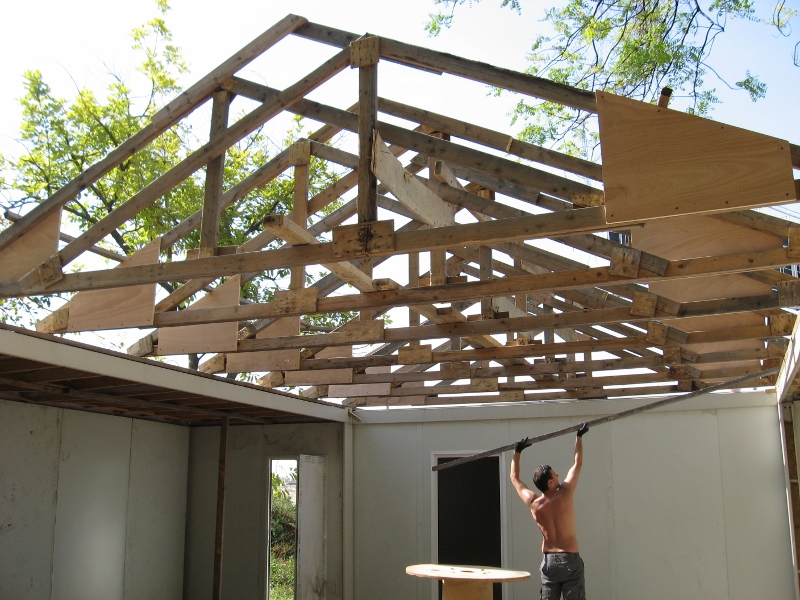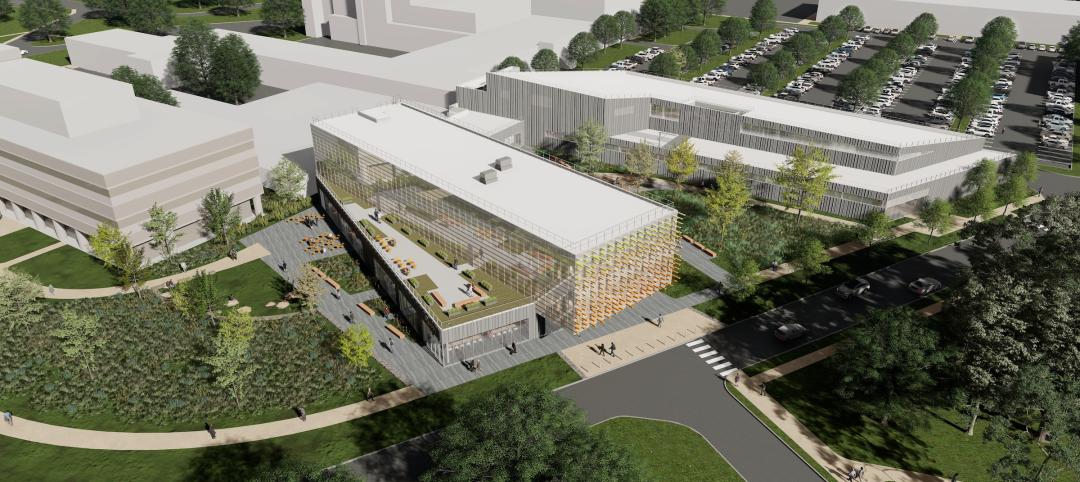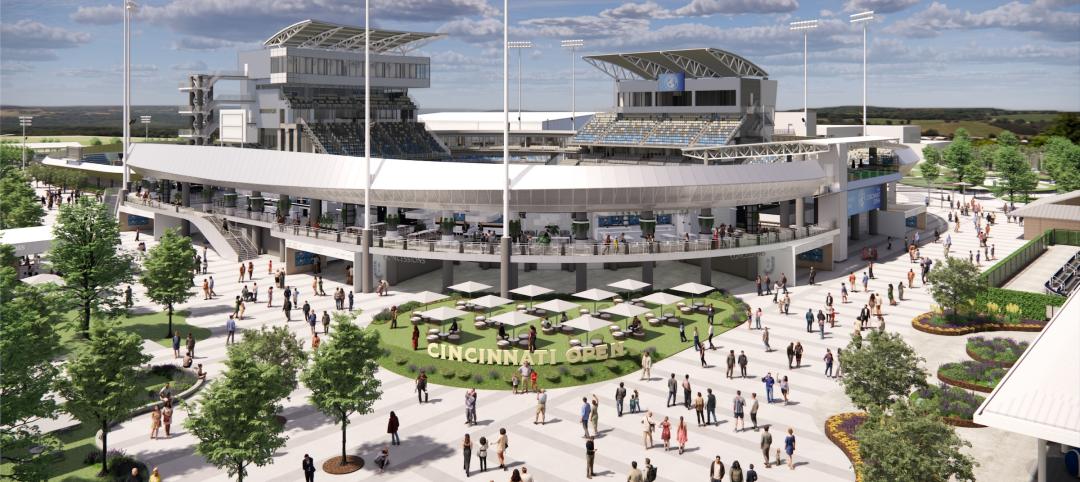The Architects Foundation, along with the American Institute of Architects (AIA) and the Association of Collegiate Schools of Architecture (ACSA), launched a nationwide request for partnership to add three more members to its National Resilience Initiative (NRI). The initiative is a network of resilient design studios that help communities become more resilient to natural disasters and climate change.
Founded in 2013 as a Clinton Global Initiative commitment, the NRI network will gather existing university-based design centers that work planning, facilitation and project implementation within their communities. The NRI’s goal is to pass along resilience design ideas and planning approaches that can be shared with local communities.
Currently, there are three existing NRI studios - Mississippi State (Gulf Coast / Southern Region), The University of Arkansas (Lower Mid-West Region), and the New Jersey Institute of Technology (East Coast Region). The Foundation recently issued its first annual report on what the NRI studios have achieved, and a map of the network and the risks being addressed by each studio can be found here.
In issuing its first request for partnerships, the Foundation searching for three university-led, multi-disciplinary teams to implement the second phase of the NRI. In this phase, the Foundation is looking to find the next three studios for the Mid-Atlantic, Upper Mid-West and Pacific Northwest regions.
“These new studios — along with the three existing NRI studios — will represent the six regional areas of need for resilience planning within the ten federal regions designated as disaster-prone areas by the Department of Housing and Urban Development (HUD) and the Federal Emergency Management Agency (FEMA),” said Architects Foundation Executive Director Sherry-Lea Bloodworth Botop. “These six members will form a strong resilient studio network backbone right where it’s needed most.”
Applications are now being accepted through January 7, 2016. A selection announcement is expected by mid-February. The first annual convening of all six NRI charter members will take place in early May at Architects Foundation headquarters in Washington, D.C.
Related Stories
Women in Design+Construction | May 28, 2024
Commerce Department launches Million Women in Construction Community Pledge
The U.S. Department of Commerce launched its Million Women in Construction Community Pledge this month to boost the ranks of women in construction companies. Federal investments are creating a construction boom that is increasing job opportunities for construction and trade workers.
Laboratories | May 24, 2024
The Department of Energy breaks ground on the Princeton Plasma Innovation Center
In Princeton, N.J., the U.S. Department of Energy’s Princeton Plasma Physics Laboratory (PPPL) has broken ground on the Princeton Plasma Innovation Center (PPIC), a state-of-the-art office and laboratory building. Designed and constructed by SmithGroup, the $109.7 million facility will provide space for research supporting PPPL’s expanded mission into microelectronics, quantum sensors and devices, and sustainability sciences.
MFPRO+ News | May 24, 2024
Austin, Texas, outlaws windowless bedrooms
Austin, Texas will no longer allow developers to build windowless bedrooms. For at least two decades, the city had permitted developers to build thousands of windowless bedrooms.
Resiliency | May 24, 2024
As temperatures underground rise, so do risks to commercial buildings
Heat created by underground structures is increasing the risk of damage to buildings, recent studies have found. Basements, train tunnels, sewers, and other underground systems are making the ground around them warmer, which causes soil, sand, clay and silt to shift, settle, contract, and expand.
Sports and Recreational Facilities | May 23, 2024
The Cincinnati Open will undergo a campus-wide renovation ahead of the expanded 2025 tournament
One of the longest-running tennis tournaments in the country, the Cincinnati Open will add a 2,000-seat stadium, new courts and player center, and more greenspace to create a park-like atmosphere.
Mass Timber | May 22, 2024
3 mass timber architecture innovations
As mass timber construction evolves from the first decade of projects, we're finding an increasing variety of mass timber solutions. Here are three primary examples.
MFPRO+ News | May 21, 2024
Massachusetts governor launches advocacy group to push for more housing
Massachusetts’ Gov. Maura Healey and Lt. Gov. Kim Driscoll have taken the unusual step of setting up a nonprofit to advocate for pro-housing efforts at the local level. One Commonwealth Inc., will work to provide political and financial support for local housing initiatives, a key pillar of the governor’s agenda.
Building Tech | May 21, 2024
In a world first, load-bearing concrete walls built with a 3D printer
A Germany-based construction engineering company says it has constructed the world’s first load-bearing concrete walls built with a 3D printer. Züblin built a new warehouse from a single 3D print for Strabag Baumaschinentechnik International in Stuttgart, Germany using a Putzmeister 3D printer.
MFPRO+ News | May 21, 2024
Baker Barrios Architects announces new leadership roles for multifamily, healthcare design
Baker Barrios Architects announced two new additions to its leadership: Chris Powers, RA, AIA, NCARB, EDAC, as Associate Principal and Director (Healthcare); and Mark Kluemper, AIA, NCARB, as Associate Principal and Technical Director (Multifamily).
MFPRO+ News | May 20, 2024
Florida condo market roiled by structural safety standards law
A Florida law enacted after the Surfside condo tower collapse is causing turmoil in the condominium market. The law, which requires buildings to meet certain structural safety standards, is forcing condo associations to assess hefty fees to make repairs on older properties. In some cases, the cost per unit runs into six figures.

















